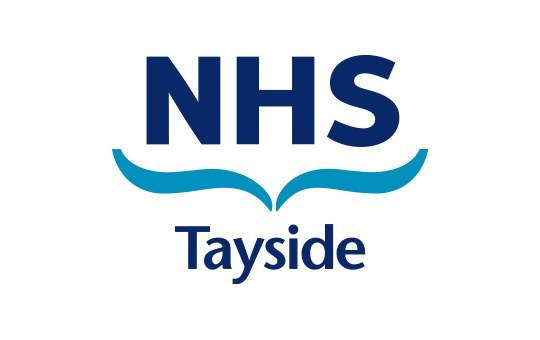The number of cases of superbug clostridium difficile has more than halved in Tayside’s hospitals in the last year.
Scottish Government figures published on Wednesday show there were 66 cases of C. diff in the region between April and June against 162 over the same period in 2009.
They also revealed a steep drop in the numbers contracting MRSA, dropping from 14 cases in 2009 to only four this year.
NHS Tayside’s lead infection control doctor said the fall in superbug cases over the year was thanks to the health board’s “strict” control of prescribing antibiotics and improved hand hygiene on wards.
Dr Gabby Phillips vowed to keep striving to drive the numbers down even further and she said, “These figures show a downward trend and reflect the progress we are making in reducing HAIs (healthcare acquired infections).
“We are determined to keep learning from experiences both elsewhere and in our hospitals in an effort to do everything we possibly can to reduce these infections.
“We have made very good progress with the current C. difficile target and work will continue to ensure further reduction in this infection. New cases of MRSA are the lowest they have been for many years.”
Elderly people remain the most likely to contract the bug, the figures show, with cases among over-65s consistently around three times higher than those aged 15-64.
Three years ago the number of people with the bug in Tayside hospitals reached an all-time high of 172 for over-65s alone. One elderly patient died and three others were infected with C. diff at Perth Royal Infirmary back in April.
This came just five months after an outbreak of the superbug led to the deaths of five elderly patients at Ninewells Hospital in Dundee.
Eight people were infected, despite a health board investigation later confirming that all the measures designed to prevent the spread of the infection were in place at the time of the outbreak.
An investigation eventually traced the source of the infection to a patient who was known to have had the superbug when admitted to the ward.
The health board was subsequently criticised over its handling of the outbreak and an internal report, which emerged after a Freedom of Information request, showed 18 areas for improvement were identified on the ward a month before.
